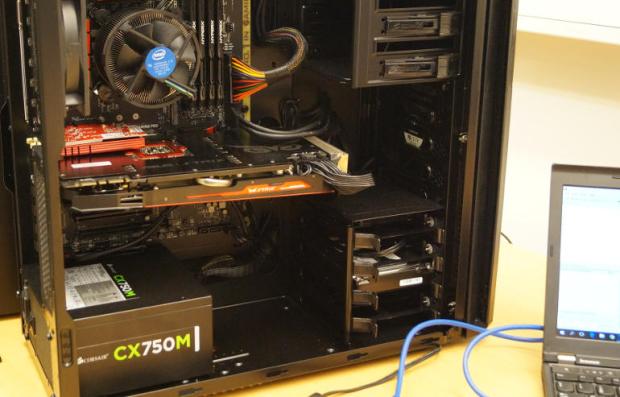Today’s arrests are part of a co-ordinated Europol initiative to crack down on all levels of computer crime.
Norway’s Kripos national criminal investigation service today announced the arrest of five males, aged between 16 and 24 years, for possessing, using, and selling malware.
Police say they have seized “substantial amounts” of computer equipment for analysis, as well as taken control of several internet accounts. One of those arrested has confessed to running his own web store where malware was sold, according to a Kripos statement.
The software found at the addresses of several of those arrested is a type of remote-access Trojan, or RAT, malware, police said. The malware is designed to take control of target computers, logging keystrokes, and harvesting passwords and other personal information. It can hijack webcams in real time, as well as steal documents, images, and videos.
Norwegian police said the web store in question offered a packaged product for customers who wanted to infect and control a network of computers, by employing computer viruses and Trojans.
The growth of this kind of marketplace has been a source of concern for Norwegian security authorities this year.
The country’s police action is part of a Europol initiative, called OP Falling sTAR, which is aimed at data criminals all over Europe. This week, arrests have been made in Romania and France, in addition to those in Norway.
“We’ve seen young hackers who start up small-scale, but later commit larger and more serious computer crimes. Accordingly, this internationally-coordinated action is an important measure to prevent these types of crime”, Kripos computer crime section leader Håvard Aalmo said in a statement.
Europol’s drive against computer crime targets a number of levels, from organized backers and developers, to young people who possess and use malware.
According to Kripos, this work calls for tight international cooperation. Information derived from these Norwegian cases will be shared internationally.
Source:https://www.zdnet.com/

Working as a cyber security solutions architect, Alisa focuses on application and network security. Before joining us she held a cyber security researcher positions within a variety of cyber security start-ups. She also experience in different industry domains like finance, healthcare and consumer products.












